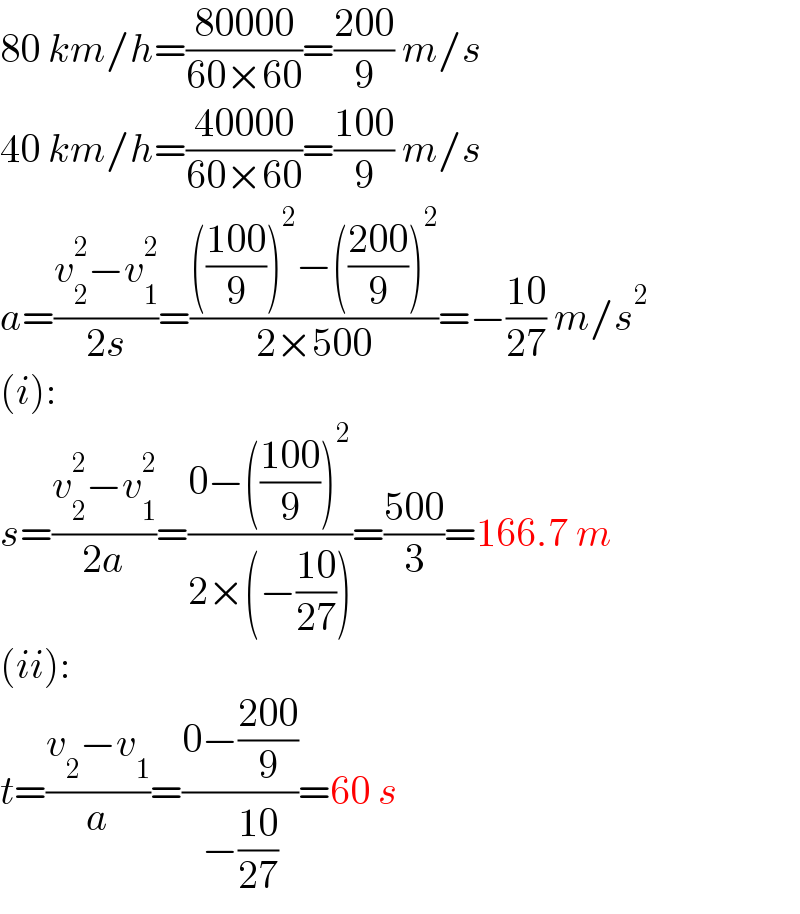
Question and Answers Forum
Question Number 134530 by I want to learn more last updated on 04/Mar/21

Answered by mr W last updated on 04/Mar/21

Commented by I want to learn more last updated on 04/Mar/21

Commented by I want to learn more last updated on 07/Mar/21

Commented by otchereabdullai@gmail.com last updated on 12/Mar/21

